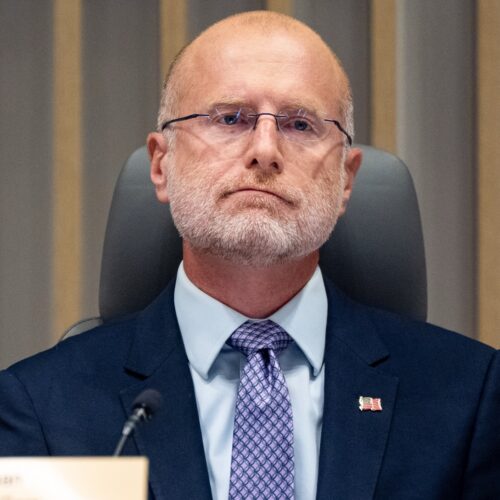
At yesterday’s meeting, the FCC separately proposed to eliminate a rule that requires Internet providers to itemize various fees in broadband price labels that must be made available to consumers. Public comment will be taken before a final decision. We described that proposal in an October 8 article.
“Under the cover of a shutdown with limited staff, a confused public, and an overloaded agenda, the FCC pushed to pass the most anti-consumer items it has approved yet,” Gomez said yesterday.
New inflation factor to raise rates further
The phone provider NCIC Correctional Services filed a petition asking the FCC to change its 2024 rate-cap order, claiming that the limits were “below the cost of providing service for most IPCS providers” and “unsustainable.” The order was also protested by Global Tel*Link (aka ViaPath) and Securus Technologies.
Gomez said that “providers making these claims did not even bother to meet with my office to explain their position,” and did not provide data requested by the FCC. By accepting the industry claims, “the FCC today decides to reward bad behavior,” Gomez said.
FCC price caps vary based on the size of the facility. The 2024 order set a range of $0.06 to $0.12 per minute for audio calls, down from the previous range of $0.14 to $0.21 per minute. The 2024 order adopted video call rate caps for the first time, setting rates from $0.11 to $0.25 per minute.
A few weeks before yesterday’s vote, the FCC released a public draft of its proposal with new voice-call caps ranging from $0.10 to $0.18 per minute, and new video call caps ranging from $0.18 to $0.41 per minute. These new limits account for changes to the method of rate-cap calculation, the $0.02 additional fee, and a new size category of “extremely small jails” that can charge the highest rates.
Gomez criticized an inflation factor of 6.7 percent that she said was added in the “11th hour.” The final version of the order approved at yesterday’s meeting hasn’t been released publicly yet. The inflation “factor will be adopted without being given notice to the public that it was being considered… or evidence that it’s necessary,” Gomez said.